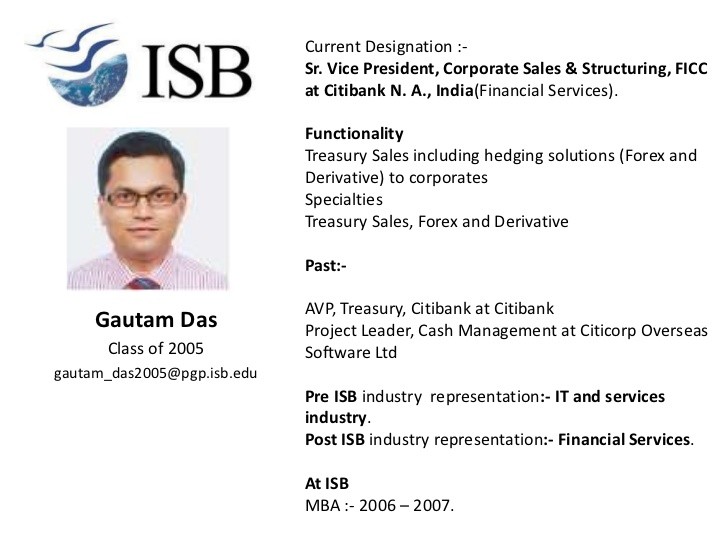Forex Careers 5 Professional Designations
Post on: 9 Сентябрь, 2015 No Comment

Prospective personal finance and portfolio management professionals have an assortment of designations that can improve their expertise in their respective fields. Foreign exchange traders, on the other hand, do not always have similar access to the same types of comprehensive skills improving programs such as the Certified Financial Planner and Chartered Market Analyst designations. Nonetheless, there are several advanced education alternatives that forex traders can take advantage of in order to improve their efficiency in the field.
Chartered Financial Analyst (CFA)
Although the CFA program is primarily focused on equity valuation and portfolio management, some of the most important learning objectives are dependant on a working knowledge of forex-related concepts. For example, CFA candidates must learn how to consolidate the financial statements of a corporation which generates income in foreign markets, how currency movements affect equity risk, forecasting exchange rates and the basics fundamentals which drive the forex market. Based on its difficulty and diverse objectives of the CFA program, charter holders have proved their ability to learn complex financial material and hold a solid understanding of the overall industry.
Managing forex exposure is an integral component of the portfolio management process. While some managers may take a passive approach to foreign exchange rate risk optimization, major institutions will often actively employ a qualified manager to hedge the currency risk associated with holding international investments. As international diversification becomes a growing component of the portfolio management process, the CFA program addresses many of the key issues investors must be familiar with. (The CFA Institute provides members with a variety of ongoing career and networking benefits. See Ongoing Career Benefits For CFAs .)
The FRM program also covers a diverse spectrum of quantitative topics such as valuation and risk modeling, risk management, credit risk measurements and market risk measurement. Those who obtain the Financial Risk Manager designation become exposed to a wide variety of career opportunities such as investment risk management and risk analysis. Bank, government and hedge fund operations are heavily impacted by the forex market, and thus require experts in risk management.
Almost every major multinational organization devotes efforts to mitigate the affects of adverse foreign exchange fluctuations. Wal-Mart, for example, might buy its inputs from China in yuan and sell those goods to Mexican buyers, receiving pesos. If the yuan appreciates while the peso depreciates relative to the U.S. dollar, Wal-Mart would experience a double foreign exchange loss on the purchase and subsequent sale. Firstly, more dollars would have to be spent in order to buy the Chinese goods and less would be received from Mexican buyers. Since such fluctuation would significantly hinder the performance of the company, the risk exposure must be hedged appropriately. (For a great place to start learning about risk management, check out Understanding Forex Risk Management . )
Chartered Market Technician (CMT)
Being able to understand Fibonacci patterns, Bollinger Bands®, pivot points, candlestick formations, Elliot waves and other charting patterns is a common trait among successful Forex traders. Speculators, who typically implement such technical analysis strategies, comprise the largest component of daily forex trading volumes. The Chartered Market Technician program aims to improve the technical analysis skills of those who hold the designation. Similar to the CFA and FRM programs, the CMT exams place a heavy emphasis on understanding practical applications of chart patterns.
Technical analysis can be used either for personal portfolio purposes or for complimenting the fundamental strategies of institutions. Charts may often help analysts understand the unique behavioral components of currency pairs which can be utilized to predict and forecast future forex movements. After learning how to integrate charting patterns with various economic signals, charter holders gain a strong competitive edge when implementing complex trading strategies. (Develop the skills you need to trade on your own or to become a technical analyst. Check out Get Technical With A CMT Certification .)
Doctor of Philosophy (PhD)
The Commodities Futures Trading Commission requires that persons who solicit orders, exercise discretionary trading authority and operate pools with respect to off-exchange retail forex pass the Series 34 exam.
Conclusion
The forex market offers many diverse career opportunities which will often dictate the required extra credentials to break into the field. Brokers will typically seek the series 34, hedge fund quants are likely to hold PhDs, risk managers tend to pursue the FRM designation, institutional investors are likely to benefit from the CFA designation and traders frequently take the CMT path. Ambitious finance buffs may even combine numerous designations and programs to best suit their needs. (We decode the meaning of the many letters that can follow the names of financial professionals. Refer to The Alphabet Soup Of Financial Certifications .)














